Love Your Waterways
Five simple actions you can take to protect our waterways
Love Your Waterways is a community campaign that encourages people to take up five simple actions to prevent litter, pet waste, gardening materials, chemicals and other pollutants from entering our waterways.
Whether it's picking up after your dog, washing your car or other household equipment, gardening or just putting your rubbish in the bin, there's something we can all do to help reduce pollution in our local waterways and make them clean and safe for everyone to enjoy!
The goal of Georges Riverkeeper's Catchment Action Program is to protect and improve the liveability of the Georges River by improving amenity, aesthetics, biodiversity and ecosystem functions of the Georges River.
Reduce your rubbish
Dispose of your litter correctly and swap single-use plastics for reusable products.
- When you're out, place all litter in the bins provided or bring it home with you if they're full or if there are no bins.
- Place wet wipes, nappies, tissues, ear buds and other hygiene products in a bin and never flush them down the toilet.
- Separate your rubbish at home correctly so more waste is recycled.
- Reduce your use of single-use plastics by choosing reusable food containers and cloth shopping bags.
Did you know? litter that is not disposed of correctly blocks pipes, pollutes our waterways and kills marine life.
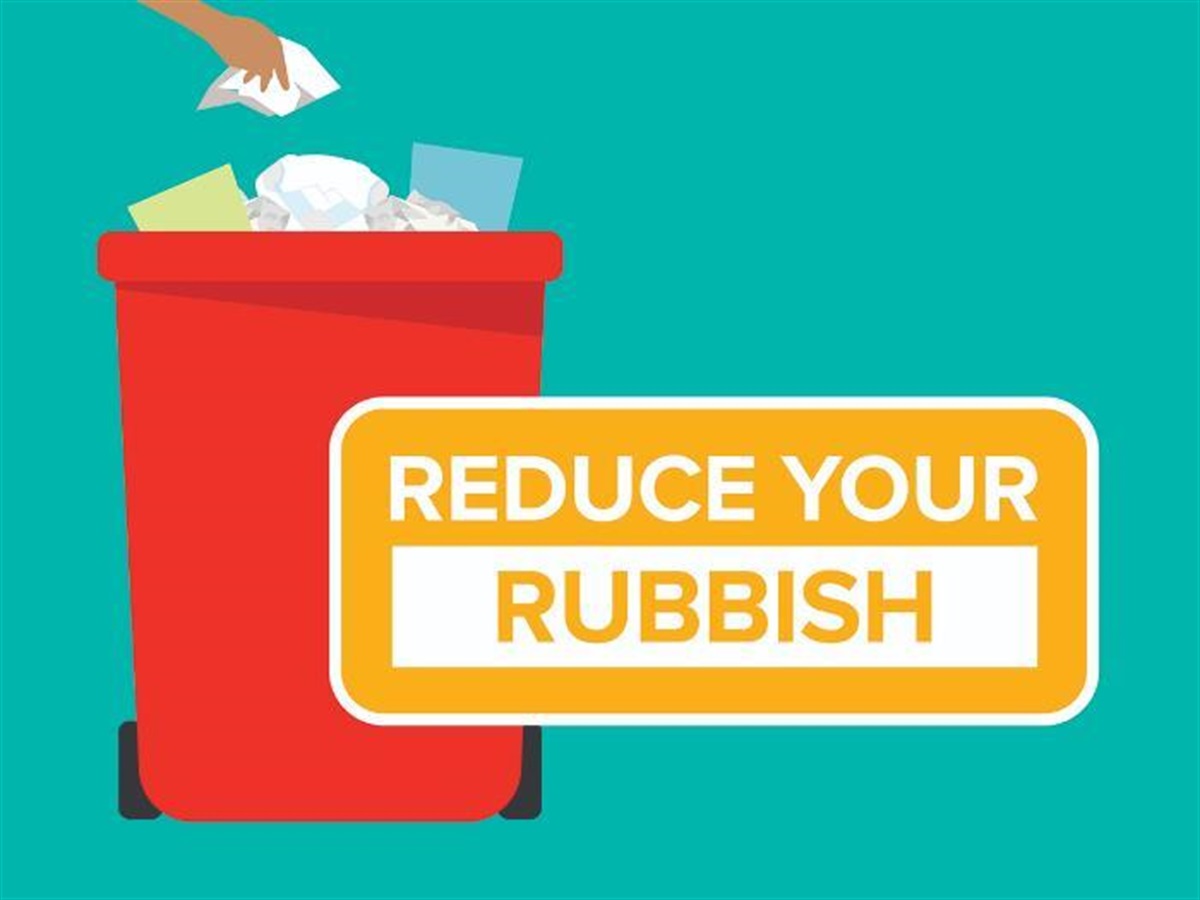
Leave only paw prints
Pick up pet waste to stop bacteria and other bugs from entering our waterways.
Carry pet waste bags when walking your dog or use bag dispensers at local parks.
Place bagged pet waste in a bin or take it home with you if bins are full or there are no bins.
Did you know? pet waste contains harmful bacteria and parasites that spread diseases and cause serious illness in humans.
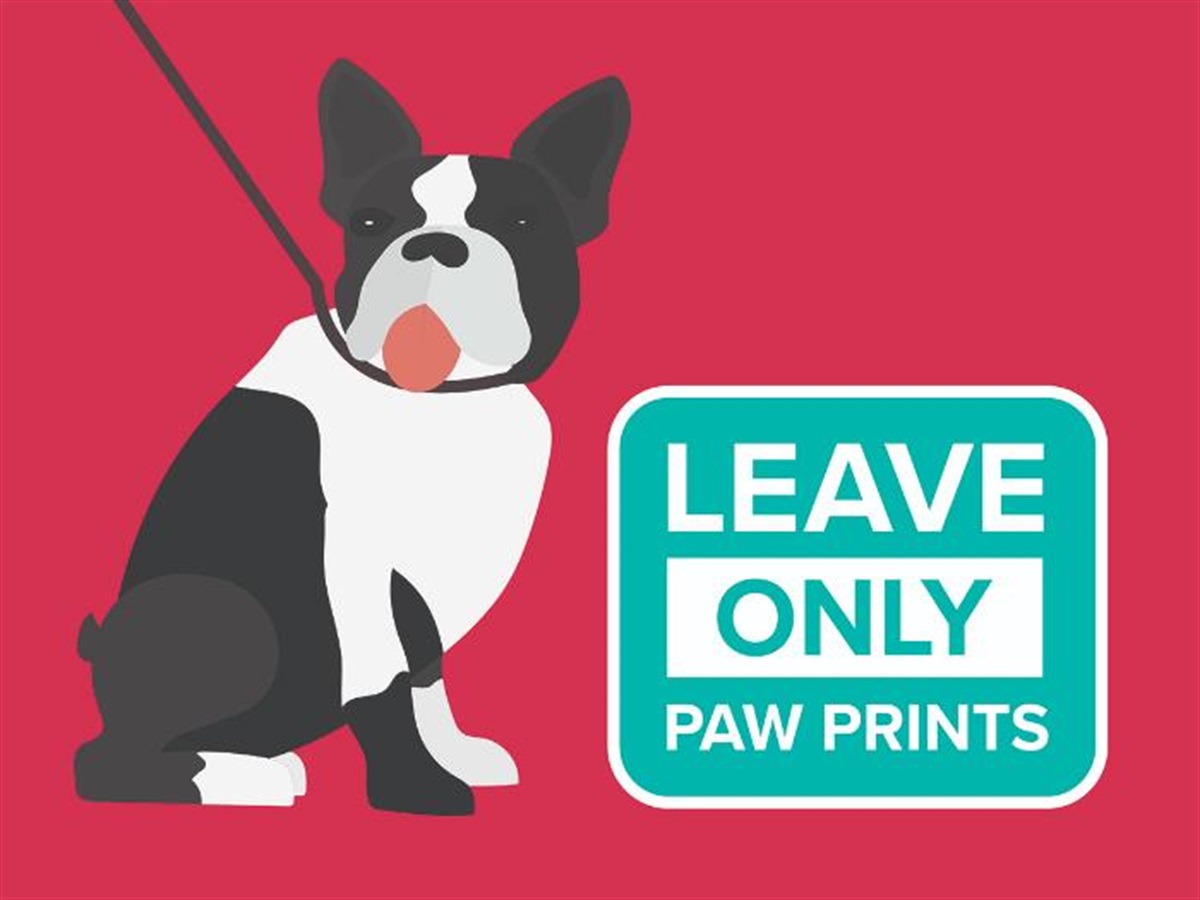
Wash it wisely
Wash your car and household equipment the right way to prevent cleaning products from negatively affecting water quality and marine life.
- Where possible, wash your car, BBQ, outdoor furniture, and gardening equipment on the grass so that it soaks up the detergent, dirt and water.
- Or use a commercial car wash or apartment washing bay that filters the water.
- Clean paint brushes and other tools away from drains.
- Use low-phosphorus detergent if you can, or detergent that contains phosphorous sparingly.
Did you know? some cleaning products contain toxic chemicals and microplastics that can build up in marine organisms, harming them and the animals that feed on them, including us.
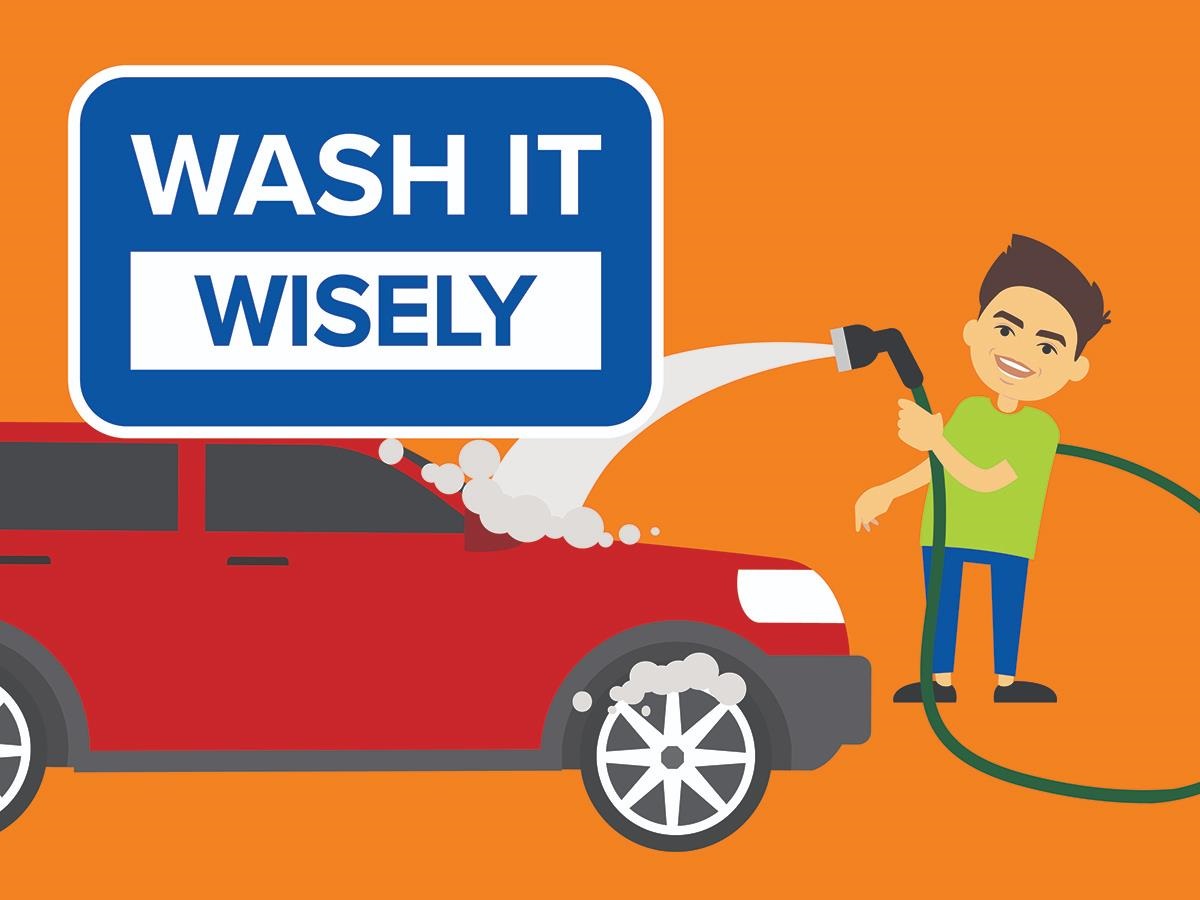
Cover it up
Keep dirt, leaves and other garden waste away from stormwater drains.
- Sweep or blow leaves and dirt from driveways and curbs back onto garden beds or place into a bin.
- Use a catcher when you mow the lawn.
- Cover piles of dirt or mulch to stop it blowing or washing away.
- Never dump garden waste into drains, creeks or bushland.
Did you know? grass clippings and garden waste that ends up in our waterways contributes to algal growth, depriving marine life of oxygen.
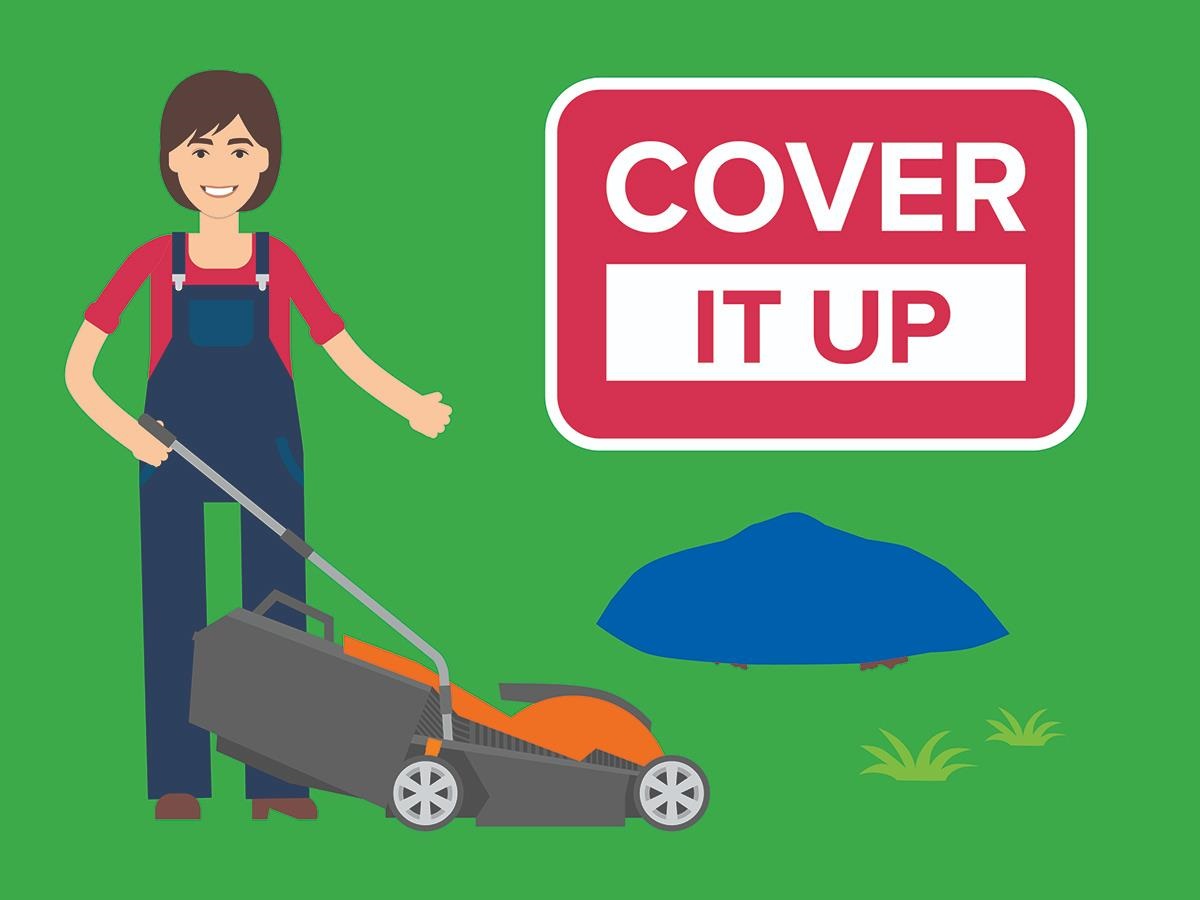
Keep it clear
Rain water is the only thing that should go down a stormwater drain.
- Never pour, hose or wash paint, oil and other chemicals down a stormwater drain.
- Store chemicals and pesticides safely in closed, labelled containers and drop off unused ones to your local council's community recycling centre.
- Avoid using pesticides and fertilisers before it rains.
- Sweep or pick up any litter, building and garden waste so it doesn't get blown or washed into the drain.
- Report pollution incidents to your local council or the EPA's 24/7 Environment Line on 131 555.
- If you spot a sewerage leak in a public place call Sydney Water on 13 20 92.
Did you know? liquids and small particles that enter stormwater drains travel directly into creeks and rivers, which negatively impacts water quality
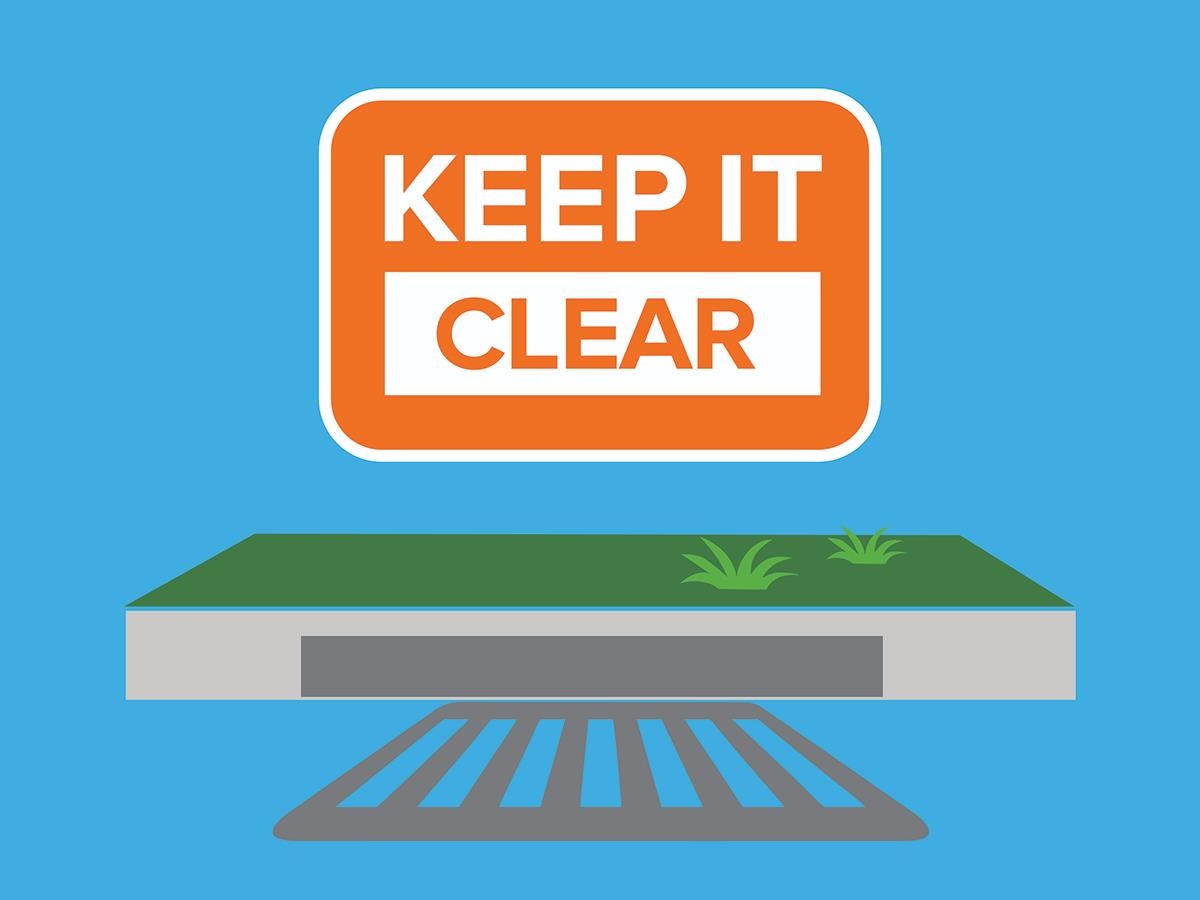
Watch video of Love Your Waterways: